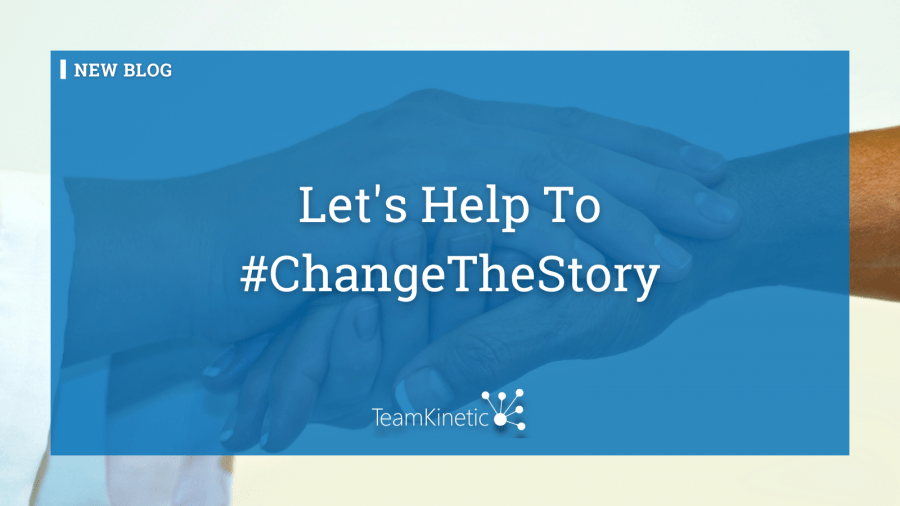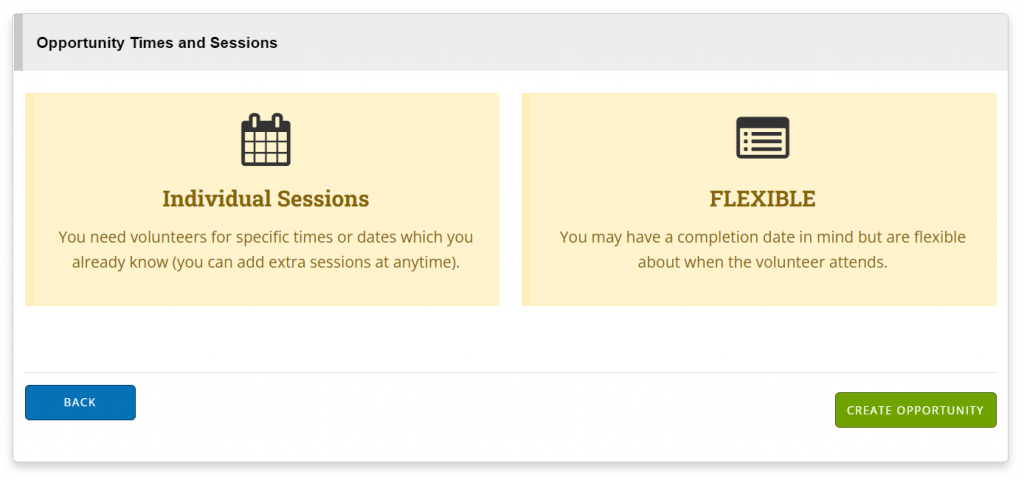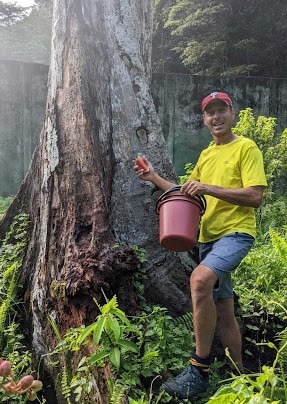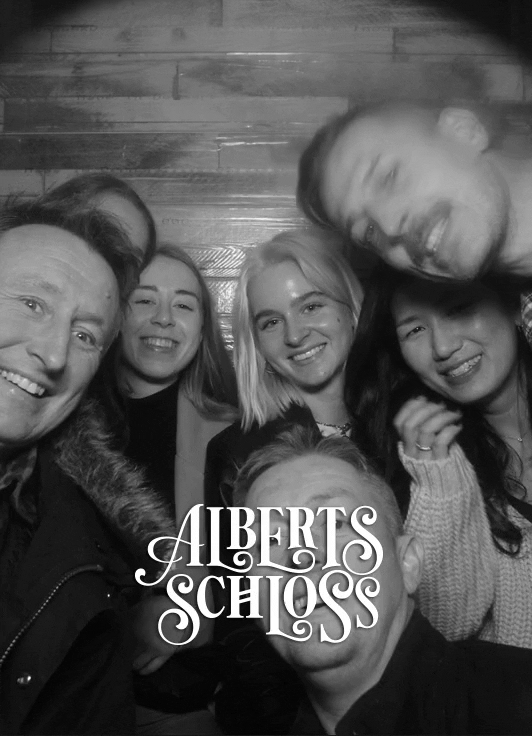The end of 2022 is fast approaching – what better time than now to look back at the past year with a TeamKinetic 2022 round-up?
It’s been another challenging year for everyone, but the amazing work done by volunteer-involving organisations continues.
We have had a year full of development, with regular updates and one major release. We also had a few staff highlights, like Rolf’s volunteering-filled trip to Borneo and Alex seeing England take home the Women’s EURO 2022 trophy.
January – March
In January we started our own podcast! Chris had been wanting to start one for a while, but at the start of the year we finally took the plunge and TeamTalk with TeamKinetic was born.
We kicked things off with Season 1, featuring Willowbrook Hospice, The Pankhurst Trust, Manchester City Council and the Association of Volunteer Managers.
Find and listen to all our current episodes below.
We also brought out a 2.1.1 Interim Release that included new features like email failure reports, more sortable tables, and a refresh to the news feature.
April & May
In April, the Kindocoin SBRI project officially launched Phase 2. TeamKinetic is one of two companies developing and evaluating our prototype solution in a real-world setting. You can read more about what we’ve been working on here, along with more information from Health Innovation South East Scotland.
In May, we attended Volunteer Expo – a fantastic event that connects communities and brings together many sectors under one roof to celebrate what it is that unites us. There were a range of interesting talks held at the event, but one that really caught our eye was the launch of the Vision for Volunteering.
There are five threads of the launch:
1. Awareness and Appreciation,
2. Equity and Inclusion,
3. Experimentation,
4. Collaboration
5. Power
For each of these themes, the Vision for Volunteering highlights their ambitions and what volunteering should be like 10 years from now.
June
In June we said hello to our new Marketing Coordinator, Isabella! You can read her introductory blog here.
However, that meant we had to say goodbye to Katie as she returned to her final year at university to finish her degree. We wish Katie the best of luck and hope to continue seeing her at occasional TeamKinetic socials!
As is always the case with new arrivals and staff members leaving, we had to go on a little work social. We made our way over to Roxy Ball Room to have a few games of shuffleboard and crazy pool – along with a few drinks of course!
July and August
In July, we restarted the TeamKinetic Masterclasses! These seem to have been well received and hopefully, we can continue them into the new year.
If you have any suggestions for topics you might like to see covered in the future, please let us know. Either reach out via email or through our website’s live chat.
You can see most of our Masterclasses over on our YouTube channel by clicking here.
In August, we announced our next major update, the TeamKinetic 2.20 Major Release. We invited our users to start beta testing to iron out any remaining bugs and received lots of helpful feedback.
September
September saw the return of the TeamKinetic annual conference! This year we brought a range of exciting speakers from across the third sector together, all tying into our main conference theme:
‘Volunteering to 2030: What might the future look like?’
Day One took a deeper look at the TeamKinetic system as it stands today and how it could change in the future. Day Two focused on the third sector as a whole. Our speakers shared their views on best volunteer management practices and how managers may need to adapt for the future.
If you couldn’t attend the conference, don’t worry, you can catch up on some of the sessions in this playlist.
October
After the warm reception for Season 1, we decided to refresh the format of our TeamTalk Podcast. Season 2 saw the introduction of a co-host: Imogen Greatbatch! Chris and Imogen delved into the world of sport volunteering together, talking to a range of people from organisations such as Sport England, British Blind Sport, and Formula E.
Who knows what’s in store for season 3… If you have any suggestions or would like to be in an episode please do let us know by contacting either Chris or Alex.
November
In early November, after meticulous testing and taking in all user feedback, we rolled out the update across all sites. The new update included:
– A new system for creating opportunities.
– Better sharing options via LinkWide & the national Scottish system MILO.
– Bulk email scheduling.
– Reporting improvements
and much more!
We also headed out on a work social. We got some drinks, ate some pizza and headed over to the lovely Albert Hall to play some Bongo’s Bingo. I think it’s safe to say some of us played more bingo than others…
December
And here we are now, in December. We just rolled out two exciting new features: Admin Chat and Bulk Actions on Sessions.
The Admin Chat gives all our admin users a space to interact with each other. Whether it be a general chat or sharing your volunteer management hints and tips. The new Bulk Actions on Sessions allows you greater control over editing multiple opportunity sessions in one go.
It’s been an eventful year, one we can really build on in the future. We hope to continue to grow as a company and make the TeamKinetic system the best it can be.
Thank you for coming on this journey with us.
All that’s left to say is Happy Holidays and Merry Christmas to those that celebrate. And, finally, have a Happy New Year – we’ll see you in 2022!
You can find TeamKinetic on social media and listen to our podcast:
Twitter Facebook LinkedIn YouTube Instagram Podcast
Have you enjoyed using TeamKinetic? If you could leave us a review on G2, we’d really appreciate it! We’ll even send you a little thank you.





































